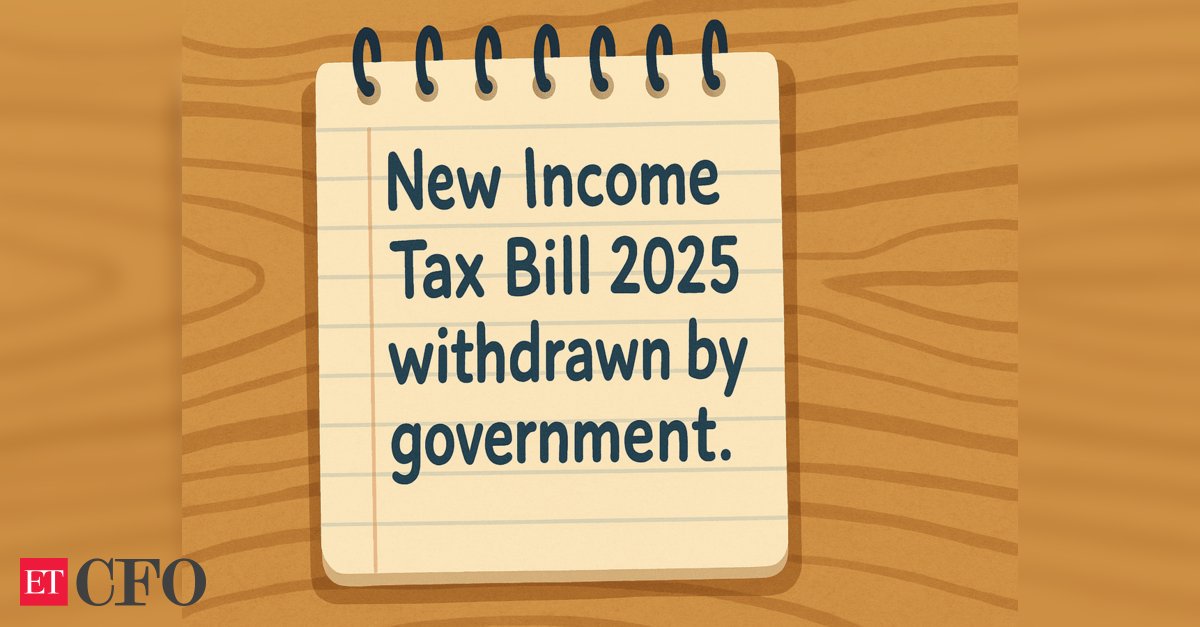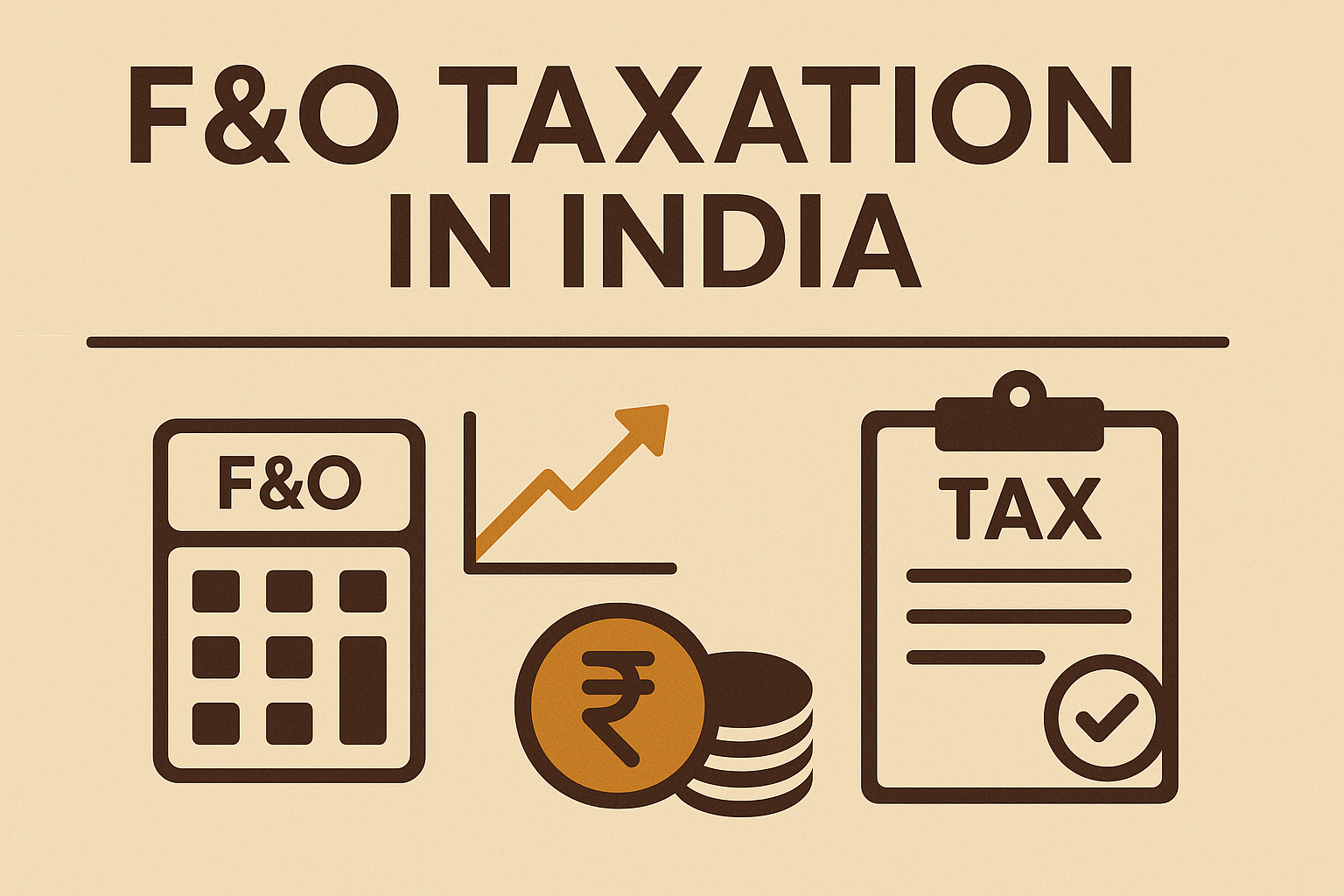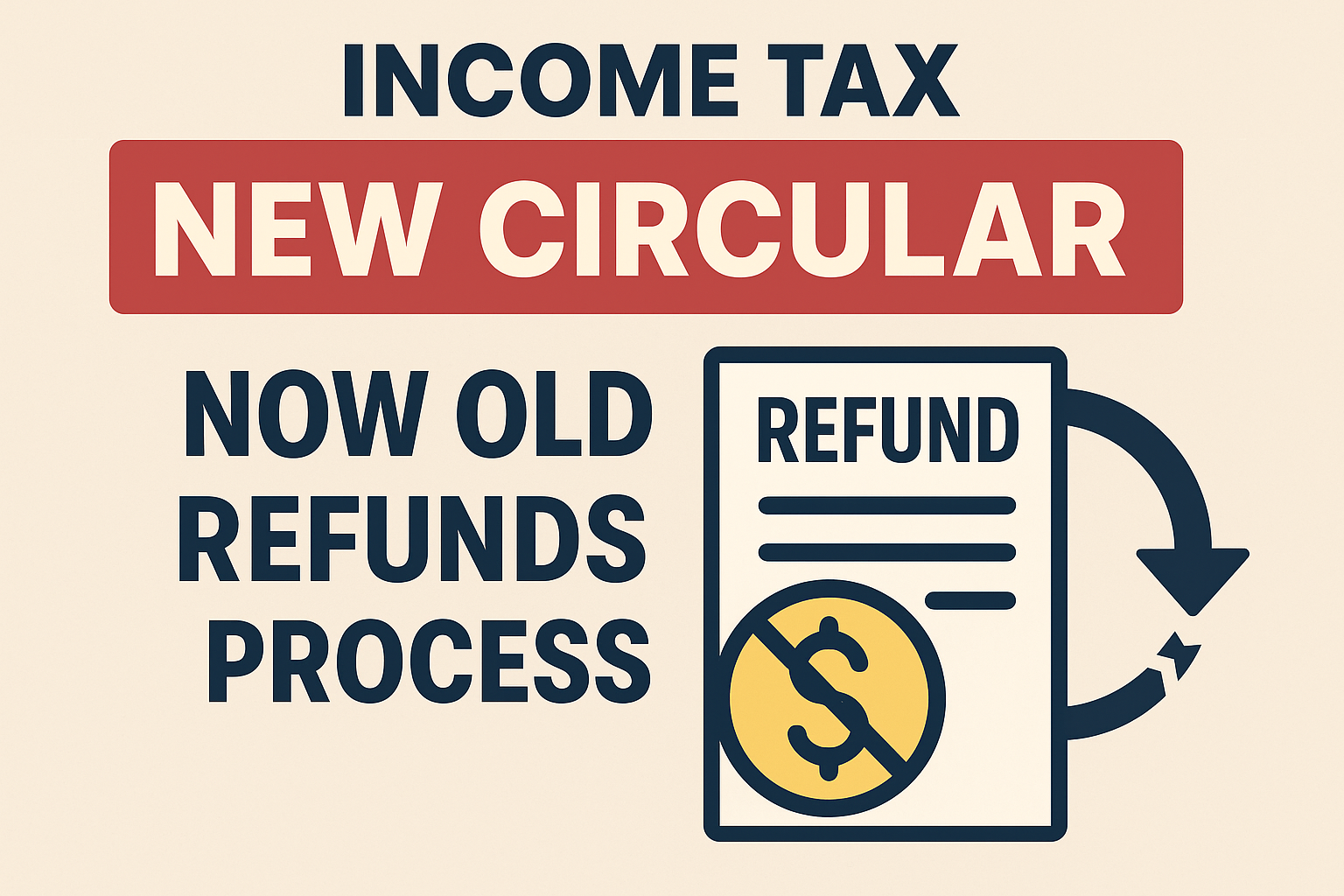The Income-Tax Bill, 2025, was introduced in the Lok Sabha on February 13, 2025 to replace the existing Income-Tax Act, 1961. The New Income Tax Bill, 2025 has been withdrawn by the Central government as of August 8, 2025, as per our sources.
A new version of the Income Tax Bill, incorporating most of the recommendations made by the Select Committee chaired by Shri Baijayant Panda, can be introduced on Monday, August 11.
To avoid confusion by multiple versions of the Bill and to provide a clear and updated version with all changes incorporated, the new version of the Income Tax Bill will be introduced for the consideration of the House on Monday.
In the old version of the new tax bill 2025, several drafting errors were found by lawyers and chartered accountants pointed out. The Lok Sabha Select Committee also pointed out some of these errors which are as follows:
Clause 21: House property
- The Committee, after a careful review of Clause 21, identified drafting issues in 21(2) that could lead to ambiguity in determining the annual value of properties experiencing vacancy.
- The committee, therefore, recommend two key changes: first, that the phrase “in normal course” be deleted, and second, that the clause be amended to explicitly provide for a comparison of the actual rent received with the “deeming rent,” as was available in the existing Act.
- The committee believes these adjustments are vital for enhancing fairness, reducing ambiguity in the valuation of vacant properties, and leading to a more equitable tax treatment for property owners. The Committee, further, recommended that the rest of the Clauses may be accepted in their current form.
No more higher tax on vacant property as recommended in New Income Tax Bill 2025 due to suggestions by select committee
Deductions from income from house property (Clause 22, 22(1), and 22(2)):
“The Committee, after deliberations on Clause 22, identified the need to clarify the computation of deductions to enhance fairness and transparency for property owners. The Committee, therefore, recommended two key amendments:
- Firstly, in Clause 22(1)(a), to explicitly state that the standard 30% deduction be computed on the annual value after deducting municipal taxes.
- Secondly, in Clause 22(2), to ensure that the deduction for pre-construction interest is available for let-out properties in addition to self-occupied ones, aligning it with the existing Act.
Income Tax Bill 2025: Income from house property taxation related two key amendments suggested by select committee, know the impact
Clause No 19: Deductions from salaries (Schedule VII)
“The Committee, after a careful review of Clause 19, identified a gap in the equitable tax treatment of commuted pension for different types of recipients. The Committee, therefore, recommended that a deduction for commuted pension, similar to that available to employees under Clause 19, be explicitly allowed under the head “Income from other sources” for non-employees who receive such pension from a fund. Accordingly, the Committee finds no further modifications are necessary for Clause 19 and recommend the acceptance of its remaining provisions as drafted.”No more partial treatment to pensioners when it comes to commutation of pension in the New Income Tax Bill, 2025
Clause 20: Commercial Property
“The Committee, upon reviewing Clause 20 identified a change in wording in 20(2) from the previous Act that could lead to an incorrect tax treatment for certain business properties . The Committee, therefore, recommended that in Clause 20(2), the word “occupied” be replaced with the phrase “as he may occupy” to ensure that temporarily unutilized or ready-to-use business properties are clearly excluded from taxation under the house property head. Accordingly, the Committee recommended that the Ministry amend the clause as proposed to accurately delineate the scope of “Income from house property”. The Committee further accepted the remaining provision of Clause 20 as proposed.”
Expert, explains:
- This recommendation is about how the current Income-tax Act, 1961 taxes rental income from business or commercial properties. Under the current Income-tax Act, 1961, if a property is used or intended to be used for one’s business/commercial purpose, it is not covered under the relevant provisions to tax ‘Income from House Property’ but is treated as a business asset. Hence, any income from such commercial property is taxed as a business income.
- There is a concept under the existing law which allows a taxpayer to tag up to 2 residential house properties as “self-occupied” and hence not taxable. However, any third vacant house property is considered as deemed to be let out and notional rental income is subject to tax. As a commercial property is outside the purview of house property taxation, this concept of deemed income taxation is not applicable.
- The language in the new Income-tax bill 2025 is different and only ‘occupied’ commercial properties are excluded to calculate income from house property. This may create possible disputes and the tax authorities may consider vacant commercial properties to calculate deemed rental income subject to tax as house property income.
- Hence, the Committee provided the recommendation to keep similar language in the new Income-Tax Bill 2025 as provided in the current law which excludes all types of commercial properties “occupied” as well as “vacant” for taxation of house property income.
- By this change, the Committee wanted to ensure that business properties which are temporarily idle or waiting to be used are not unfairly taxed and the new law stays in line with current one.
Visit www.cagurujiclasses.com for practical courses










